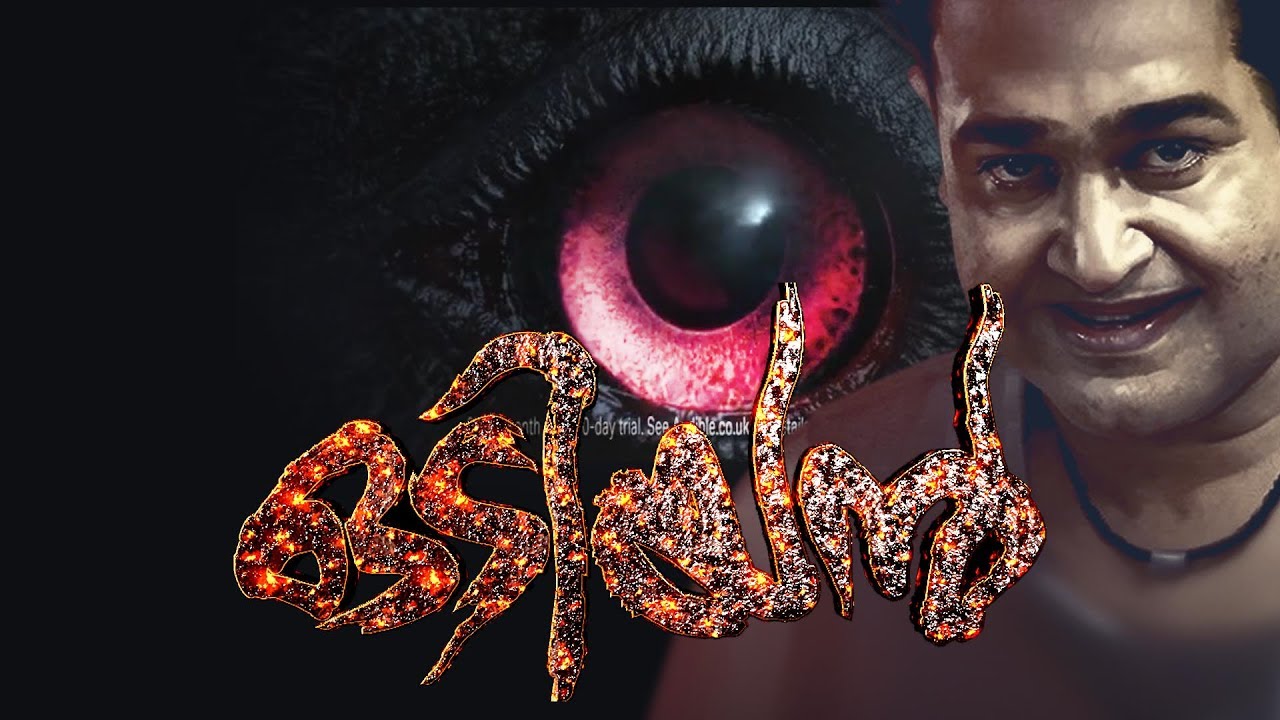Cast: Fahadh Faasil, Nazriya Nasim
Director: Anwar Rasheed
Trance, director-producer Anwar Rasheed’s first film in seven years and his most ambitious film yet, is about a young man with a haunting past and burning ambition, whose gift of the gab is put to use in a variety of professions, at first by himself and later by forces beyond his control.
Trance went into production in 2017, took three years to come to form, along with several alterations and additions to the screenplay and the cast over the period. Its promotional materials that slowly spilled into the public domain have been preparing the audience for an entertainer that uses everything cutting edge.
For one, the cinematography by Amal Neerad is so flashy that a camera equipment company would gladly use the film as its brochure. The film has in its crew the biggest names in various fields and a delicious set of actors led by Fahadh Faasil.
But in the end, Trance is a jumble, completely devoid of a soul.
The film begins moderately well. The opening sequence details Viju Prasad’s (Fahadh Faasil) life in a modest rented apartment in Kanyakumari, with his younger brother (Sreenath Bhasi).
Prasad, who comes from a broken family with a history of mental illness and self-destruction, doesn’t have much to keep his optimism afloat. But the man tries hard, investing all his energy into believing in cheap self-help books and dreaming about building a billion-dollar empire out of his lowly motivational speaking business.
After one bitter morning conversation, the younger sibling signs off (a well-staged scene), pushing Prasad further down into the muck. A fast-cut montage in this part well conveys the deep-lying mental trauma Prasad desperately tries to overcome.
When Viju Prasad is approached by a company, Tritech (a nod to the Holy Trinity), to use his speaking skills to build that billion-dollar company of his dreams, he is tempted. But there is a catch: the product on sale is salvation and the consumers, the believers awaiting the Son of God. Viju, an atheist, is unsure.
Trance isn’t the first Malayalam film to take the audience to the green room of the controversial faith-healing business that exploits gullible masses. Films such as Padmakumar’s God For Sale (2013) and Priyanandanan’s Bhakthajanangalude Sraddhakku (2011) have used this subject to make a social commentary, tracing the inner and outer journey of their protagonists with moderate success.
In Trance, Anwar Rasheed uses scenes of faith-healing to entertain the gallery. Faasil on the stage, screaming ludicrous messages to a sea of believers, is quite a spectacle. Like Ranveer Singh on cocaine, he paces up and down the platform, occasionally leaping into the crowd, spreading his arms like they are wings.
The film demonstrates how on-stage miracles are performed with the help of Bluetooth headphones, a crew on toes and actors posing as clients. The shot division and staging of these scenes are impressive, intense enough to induce a sense of claustrophobia.
But the narrative loses steam rather soon. The film unevenly oscillates between being a social commentary and a personal story of a man finding his journey. In the vaporous second half, the character-arcs turn ridiculous and the narrative gropes in complete darkness, struggling to find closure.
One of the prime issues Trance suffers from is its refusal to decode its protagonist. Viju’s transformation into a man blinded by his success doesn’t stick because seldom does the film give the audience a chance to see him in close-ups, especially during his ascent to the top of the business. It doesn’t try to explore in detail his tumultuous relationship with God and the men who changed his life.
In a rather incoherent scene, he shows signs of dissociative identity disorder. The sole objective of the scene seems to be an opportunity to use an advanced high-speed camera equipment ﹣the shot is flaunted in posters and teasers. There isn’t an attempt to link Viju’s troubled past and resultant psychological trauma to his present.
Instead of a good emotional narrative, the film gives the audience technical gimmicks and a loud, incessant background score (Jackson Vijayan and Sushin Shyam). Instead of well-written scenes, there are shots of the hero posing in top-end cars and suits.
The film’s act of virtue-signalling in the second half reeks of pretentiousness. Viju, now trying to find a meaning to his new identity as a Jesus-equivalent, finds his Mary Magdalene in a young girl from Mumbai who’s going down the path of drugs, alcohol, and self-destruction. But the film fails to establish a connect ﹣spiritual and emotional ﹣between the duo. There might even be a hint of romance in their affair but there is no warmth in their combination scenes.
Trance, evidently, cannot quite put its finger on the rights and wrongs of the situation. The faith-healers are greedy and corrupt, but what about the society that lets this business thrive? By creating easy villains out of a corporate company, the film bypasses a larger responsibility to analyze the big picture, of organized religions and the herd culture it propagates.
Recommended
Nazriya, in her most unusual outing, plays Esther, a puerile girl with an exterior hardened by her bitter past. The role, thoroughly out of her comfort zone, exposes her limitations as an actor. Nazriya is in her element only when she is striking a pose like a model ready to walk the ramp. But when she has to express the brazen confidence and the complicated stream of thoughts of Esther, her performance falls flat.
Fahadh Faasil’s transgressive, hyperbole performance goes well with the film’s skimming the surface approach. In the absence of a great screenplay, he keeps the audience engaged. But there is no denying that the actor has delivered finer, more restrained performances of similar nature in Venu’s Carbon and VK Prakash’s Natholi Oru Cheriya Meenalla.
Rajamanikyam and Chotta Mumbai, the unabashed commercial entertainers Anwar Rasheed began his filmmaking career with, had a shine of sincerity. In spite of their cliche-ridden plot-lines, the director’s excellent sense of humour made a difference.
However, when it comes to Trance, his unmistakable ability to connect to the audience is absent. Humour is replaced with a lot of halfhearted darkness. In an amusing meta-level, Anwar Rasheed’s predicament mirrors that of Viju Prasad’s – of a man who is not sure where he belongs.
The Trance review is a Silverscreen original article. It was not paid for or commissioned by anyone associated with the film. Silverscreen.in and its writers do not have any commercial relationship with movies that are reviewed on the site.



